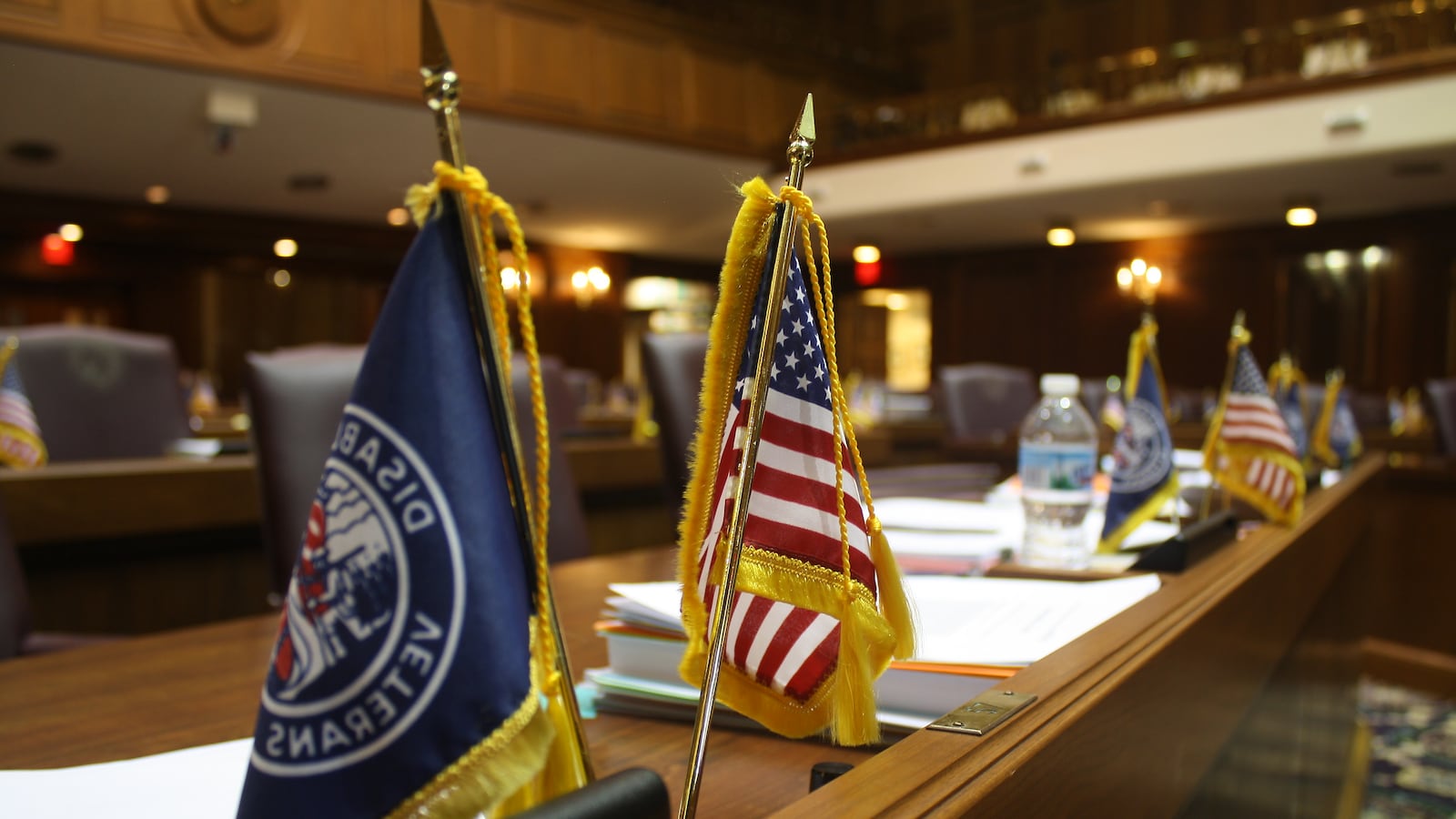The results of the first study of Indiana’s voucher program are in, but while interest in school choice research is growing across the country, it’s not clear the study will actually affect what’s happening in Indiana.
Republican leaders in the legislature spearheaded the program back in 2011, and since then, the state has spent hundreds of millions of dollars to subsidize private school tuition — all without much hard evidence that vouchers lead to Indiana students doing better in school. That’s at odds with how the Indiana General Assembly has handled a much smaller investment in preschool for poor children, requiring a state-sponsored study as soon as the program began.
And although lawmakers haven’t made significant steps to expand the voucher program since income limits were loosened in 2013, they’ve continued to fund it at high levels and make small tweaks along the way.
The University of Notre Dame voucher study results themselves are middling: Students showed initial declines in math, with improvement later on. Test scores in English improved by a marginal amount over four years, a change the researchers deemed not “statistically meaningful.”
Joel Hand, a lobbyist for the Indiana Coalition of Public Education and longtime voucher critic, said he’s not surprised. Once held up as a way for kids to escape failing schools, voucher rhetoric nowadays has shed that aspect to focus squarely on the value of parental choice.
“The proponents of the voucher program told everyone that this was about making academic progress for one, and saving the state money,” Hand said. “Now here were are in 2017, six years later, and we see it has not saved money, it has cost the state millions of dollars,” and we see that academic progress has not been made.
Rep. Bob Behning, an Indianapolis Republican who authored the original voucher bill, didn’t have a strong answer for whether the study would change how he and fellow lawmakers have pushed voucher policy. It seems like the results do little more than affirm what GOP lawmakers already believe to be true.
“Overall I think it’s positive for the voucher program in Indiana,” said Behning, who is chairman of the House Education Committee. “I don’t know how anybody, if you read the data, wouldn’t think it’s somewhat affirming that the longer you’re in the system the better you’re performing … I’m sure there will be discussions on it on both sides.”
Early on, Indiana education officials abandoned an opportunity to work with researchers from Indiana University and study how vouchers affect students. The effort wasn’t picked back up when then-state Superintendent Tony Bennett left office.
Voucher growth might be slowing in the state, but politically, Indiana is still primed to continue as a stronghold for choice-based reform.
Republicans winning an overwhelming majority of seats in the House in 2012 was a boon to school choice advocates, as many of the new proposals put forward can now essentially move ahead unimpeded by lawmakers who do not support vouchers. Today, the GOP still retains that level of control of the House and Senate, as well as a Republican governor.
Little by little, the program has widened.
Indeed, in 2016, lawmakers passed a measure that would allow students to use a voucher if they started school during the second semester, instead of just the first. And this year, lawmakers passed measures that would allow kids to take classes outside public school one at a time, including with private providers.
Lawmakers this year also loosened regulations on how long private schools must wait for vouchers as they pursue state accreditation, and they gave private schools the chance to appeal D or F grades with the Indiana State Board of Education so they could continue accepting new voucher students.
Controversial voucher language was also added to the preschool expansion bill passed this spring, offering another pathway to state dollars in kindergarten if a family participates in the state pilot program for preschool.
The absence of a definitive voucher study hasn’t halted moves to expand Indiana’s existing voucher program. But it’s not clear how much farther Indiana can wade into the school choice waters unless it seriously re-examines its existing programs — more radical voucher-like programs such as education savings accounts have been been introduced, but so far have failed to move forward.
House Speaker Brian Bosma, R-Indianapolis, a key player in getting the law passed in 2011, said earlier this year that he’s uncertain about what an ESA could provide to a state that already has a “strong” choice program.
“Even advocates of ESAs have privately told me we’re not exactly sure, so I need to hear more to be convinced that it is the right choice for Indiana,” Bosma said. “If we didn’t have these other school choice measures targeting families already, there’s no doubt it would have a large benefit … I’m uncertain that ESAs add a very strong element that doesn’t already exist.”
At the end of the day, Indiana voucher supporters in the state legislature have the political will and means to expand the program as they see fit — and research doesn’t seem to factor much into the equation.
Chalkbeat reporter Hafsa Razi contributed to this report.

